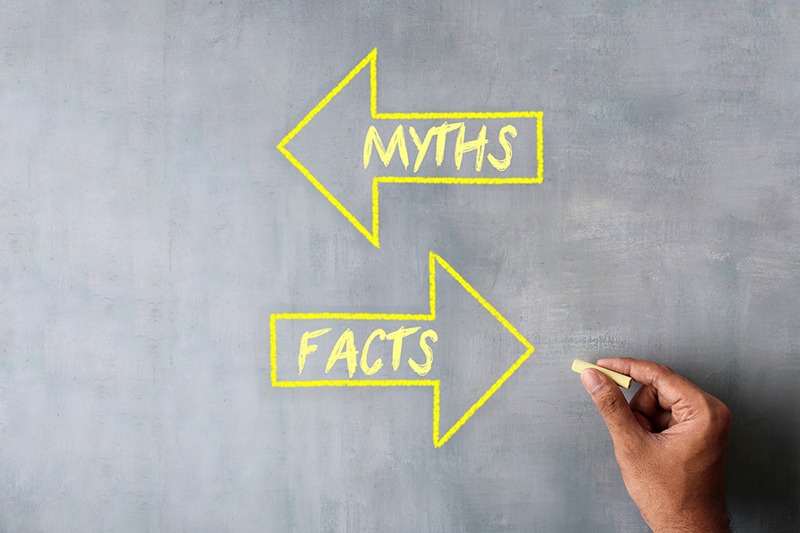
Clients who contact you about estate planning may have questions about why they need AmeriEstate to help them create their plan. They might not realize why it’s crucial and opt for other ways to create an estate plan that doesn’t protect their assets. As you guide them through a discussion about estate planning, be prepared to dispel the myths your clients may have heard.
Myths About Need
Many clients believe that an estate plan is unnecessary. Below are four common reasons someone may give for not needing one, along with why they likely do:
1. An Estate Plan Isn’t Necessary if You Don’t Have Many Assets
Clients frequently think that probate is not a concern if they don’t have many assets. The reality is that probate is automatic for any estate valued over $150,000 and costs a minimum of 10% of the gross estate value. If they own a home, the home’s value does not consider mortgages or any other debts. You can steer your clients toward a living trust to protect their assets.
2. People Don’t Need an Estate Plan Until They Are Older
Young clients often believe they have plenty of time to create an estate, especially those early in their careers or who don’t yet have a spouse or children to leave their assets to. Gently remind them that one tragedy could lead to a costly and difficult process for family members, including parents or siblings.
3. A List Will Suffice
Your clients may have heard that all they need to do is write out a list of their assets and how they want to distribute them and sign it before a witness. Be sure they understand that a Holographic Will like this still must conform to specific requirements, often don’t succeed and still go through probate.
Myths About Process
Another set of myths surrounds the process of leaving assets to heirs. Here are four common ones AmeriEstate partners hear:
1. A GodparentIs the Same as a Legal Guardian
While choosing a godparent is an important tradition for many, it does not offer legal guardianship. The courts won’t recognize a guardian not identified in a legal document or will.
2. Adding Children to Assets Negates the Need for an Estate Plan
While this is true to an extent, make sure your clients understand that doing so could result in the following repercussions:
- Unintended tax consequences
- Loss of control over assets
- Loss of assets to children’s creditors
Low-income earners or those with special needs dependents may also lose public benefits.
3. Older or Able-Bodied Children Can Use Assets To Provide for Dependents
Similar to the previous myth, clients may think that adding older or able-bodied children to their assets protects minor or special needs dependents. Unfortunately, doing so could result in wiping out the financial resources these dependents need to live.
4. It Costs Too Much
When clients have concerns about costs, you can remind them that probate is more expensive than creating an estate plan using AmeriEstate’s services.
At AmeriEstate, we aim to ensure clients have the information they need to make informed decisions, including dispelling the myths about how to protect assets sufficiently. Get in touch if you need more resources for talking to clients about DIY estate planning.


